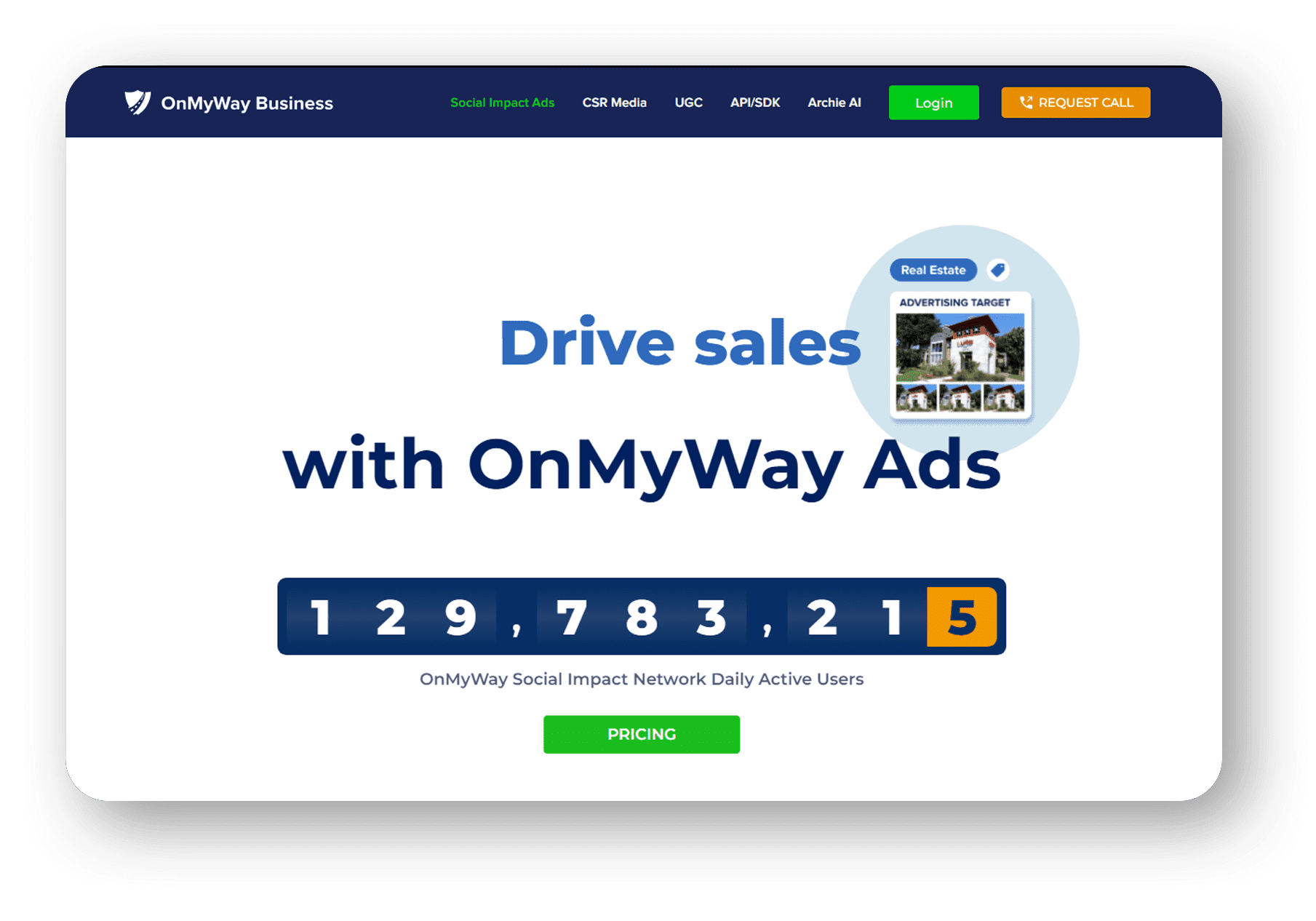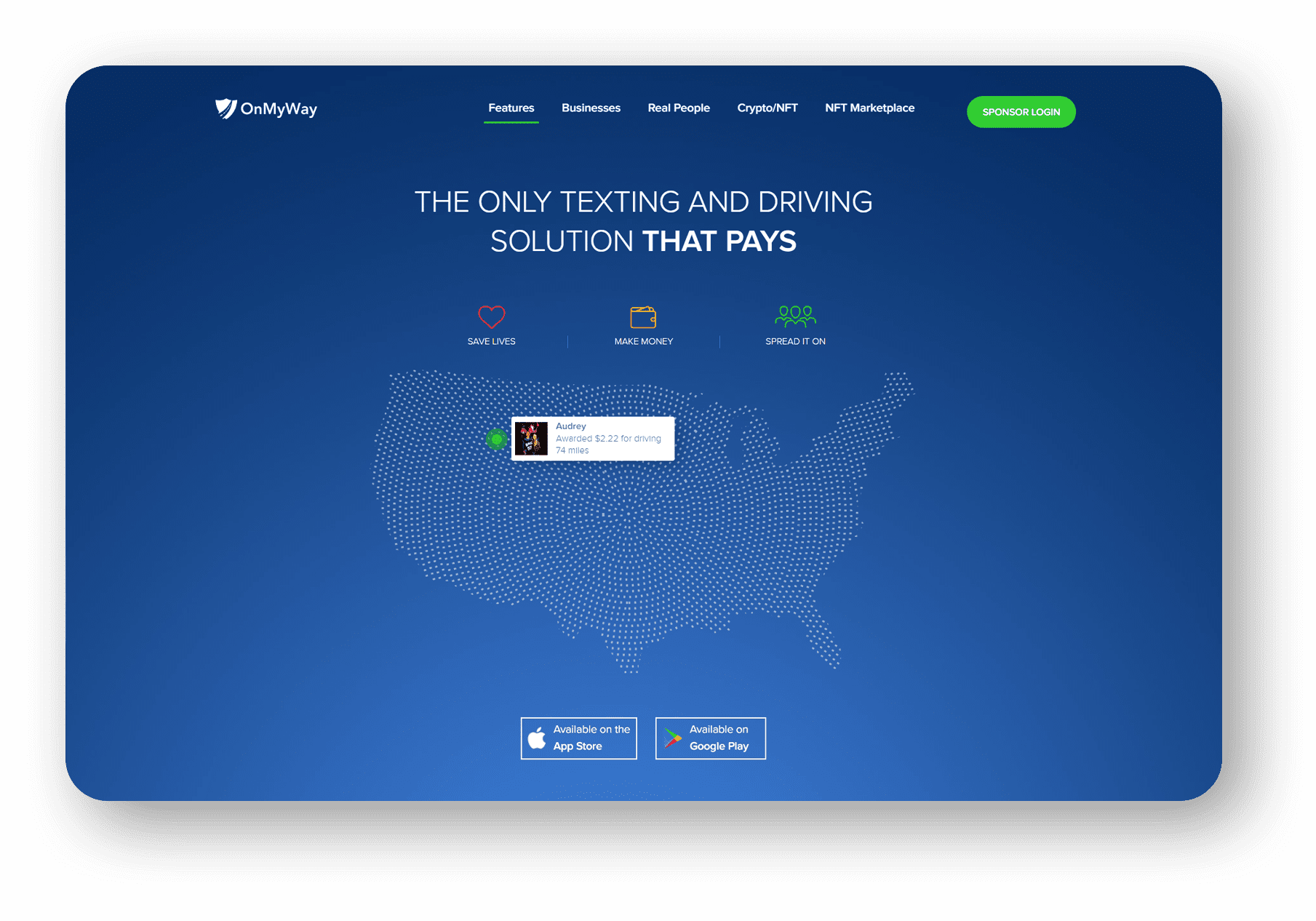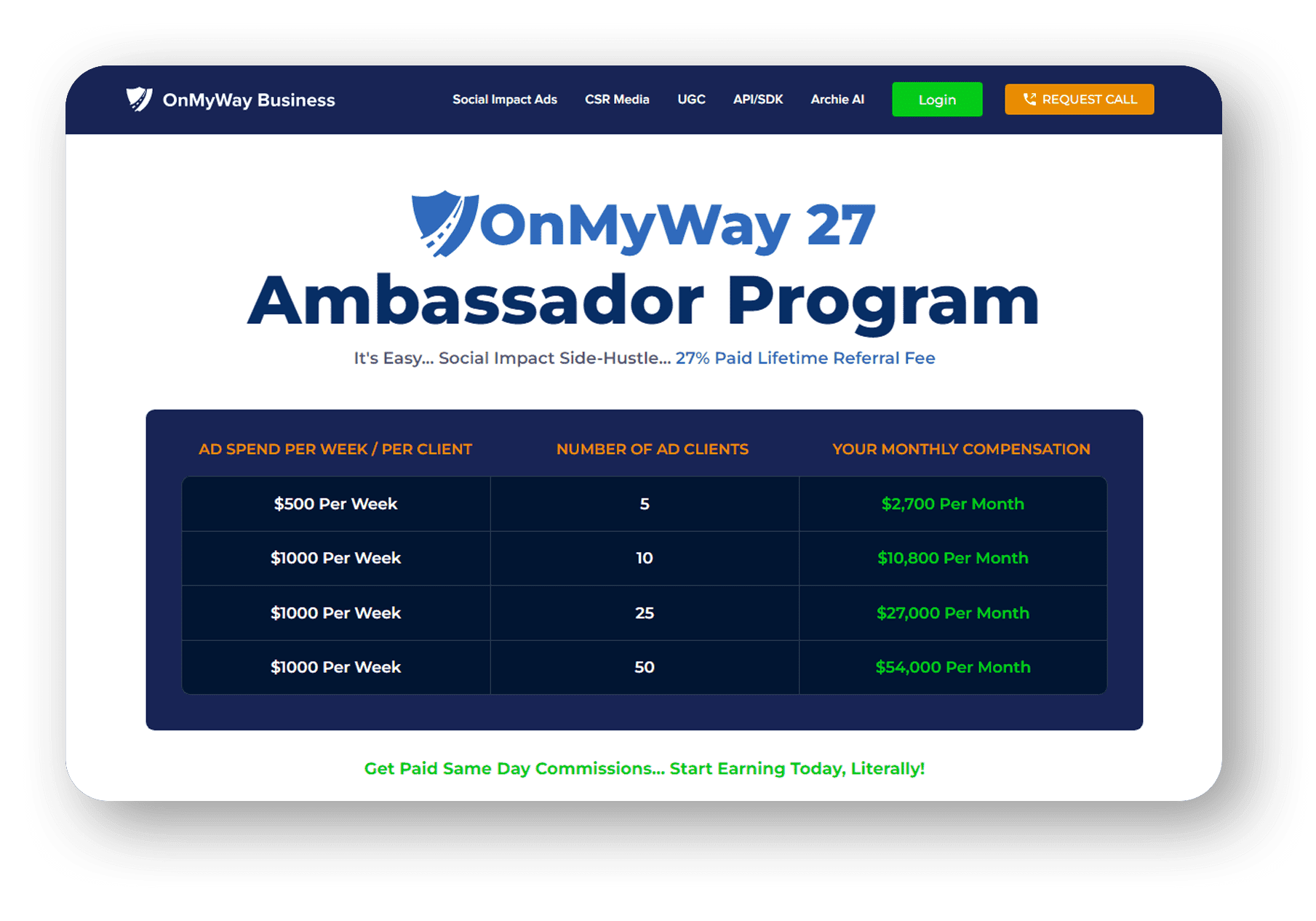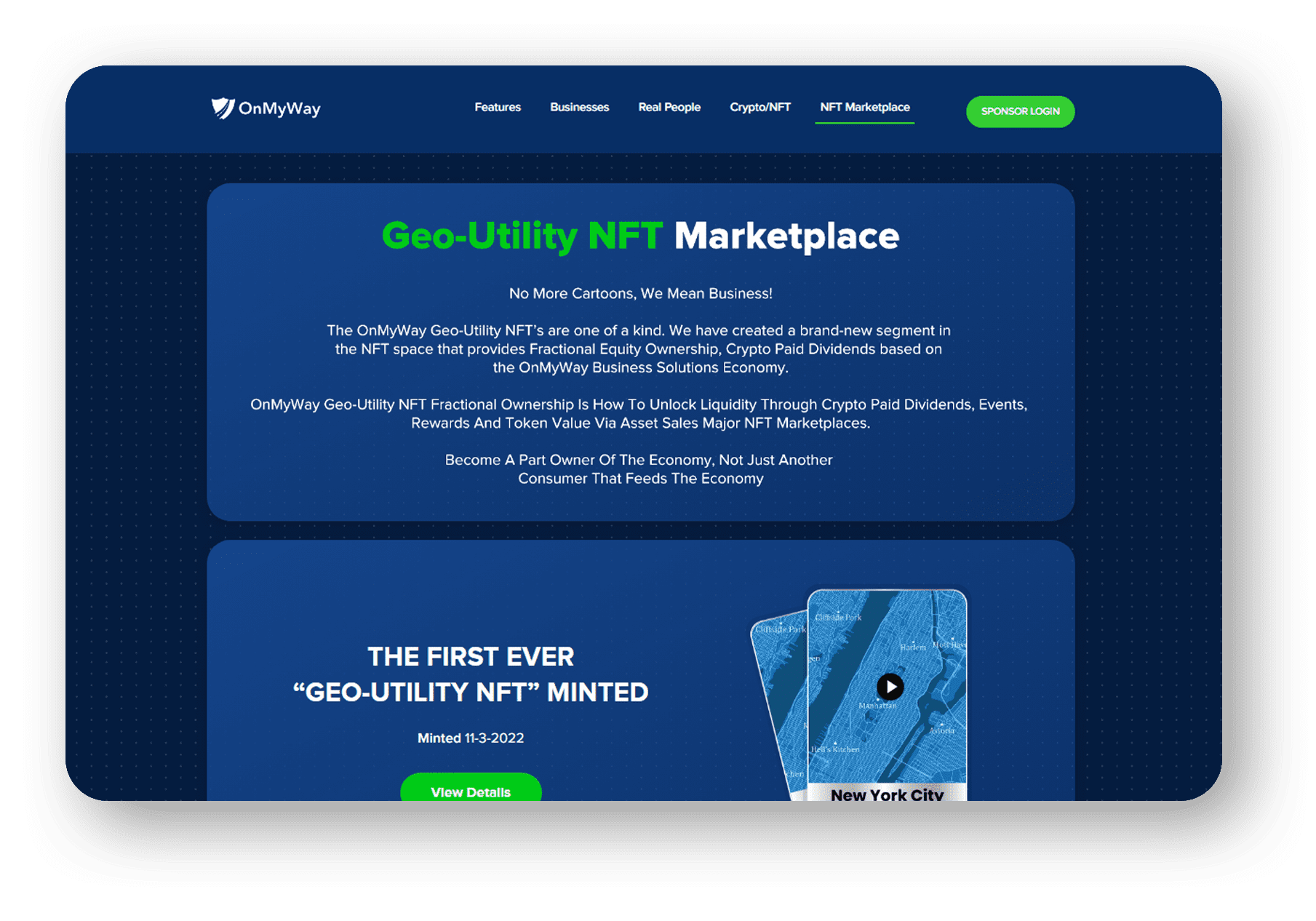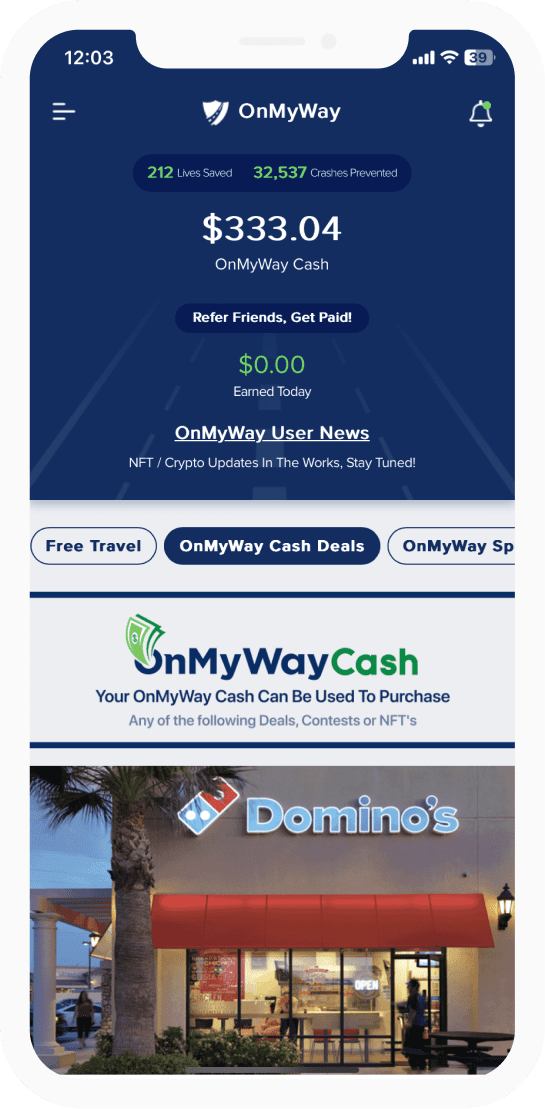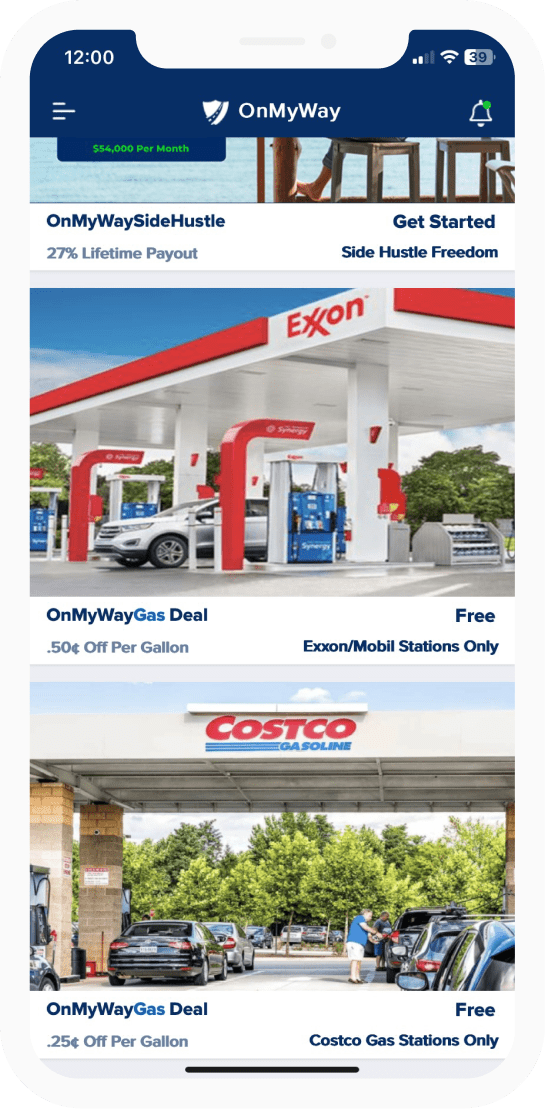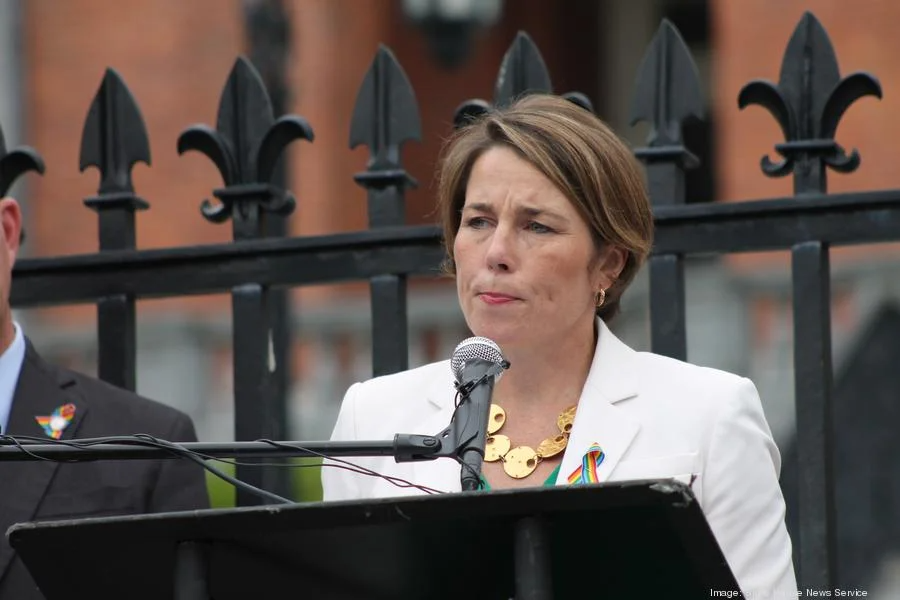
Maura Healey will be the Democratic nominee for governor on Tuesday — that much seems certain.
Not much else is.
With the dawn of the-day-after-Labor Day primary, a sleepy statewide election has morphed into an unsettled event, fueled by a late deluge of money, splintering Democratic alliances, and an apparent burst in voter interest that could drive turnout beyond expectations.
What that all ultimately means for a jammed Democratic slate is nowhere near clear.
Two-way Democratic races for the state’s open attorney general and state auditor seats entered Tuesday’s vote too close to call. Shannon Liss-Riordan — a labor attorney locked in a fight with former Boston city councilor Andrea Campbell for the attorney general nomination — reported spending a whopping $9.3 million of her own cash on the campaign, stunning even seasoned operatives.
Yes, Healey has no active opponent in her gubernatorial primary. But there’s little sense of who might emerge from a three-way race to be her running mate. And in Suffolk County, voters are also trying to wade through a contentious Democratic primary between Suffolk District Attorney Kevin Hayden and his challenger, Boston city Councilor Ricardo Arroyo.
Even the Republican gubernatorial primary has not been immune from September surprises. Conservative radio host Howie Carr’s decision to back Chris Doughty and turn on Geoff Diehl, a longtime ally and fellow Donald Trump supporter, potentially portends a still-shifting race. Trump himself then waded into the primary Monday, joining a telephone rally in support of Diehl who — projecting confidence — released a slate of campaign events for after the primary.
“There’s a record amount of unpredictability,” said state Senator Eric P. Lesser, who is vying in a three-way Democratic contest for lieutenant governor with Mayor Kim Driscoll of Salem and state Representative Tami Gouveia. “You’d have to go back very far, I think, to see a dynamic like that — which I think opens an opportunity for surprises.”
Likely helping fuel the late-season twists: Swaths of voters entered the final stretch undecided, or simply without information to decide, about the slate of candidates before them, according to a MassINC poll.
Many also may be finally tuning into what had been a subdued election season. Longtime Secretary of State William F. Galvin, who is facing a primary challenge from Tanisha Sullivan, the president of the NAACP’s Boston branch, said that more than 400,000 people will have voted in the Democratic primary even before the polls open Tuesday, nearly half of the 850,000 Galvin projected last week.
On top of that, the portion of the secretary of state’s website where people can look up their polling location has been unusually active, he said. On the Friday before the 2018 primary, 4,000 people visited the page. Last Friday, he said, 20,000 did.
“That’s high,” Galvin said. “We’re not sure why.”
One of the only places without a question mark is at the top. Healey, the Democratic Party’s presumptive nominee, has run without an active opponent for months after state Senator Sonia Chang-Díaz, who technically remains on the ballot, ended her campaign in June. The attorney general began September with $4.7 million in her account and over the summer, enjoyed gaudy polling leads over both Diehl and Doughty.
With virtually every other Democratic candidate on hand, she received a standing ovation Monday at the Greater Boston Labor Council’s Labor Day breakfast, with apparently little need to pitch herself within the downtown Boston ballroom.
“You know me,” she told the crowd. “You know what I’m about.”
Free of a primary opponent, the South End Democrat invested time and capital into bolstering Campbell, endorsing her as her successor in an attorney general’s race that’s become defined by endorsements and money.
A late-arriving super PAC dumped more than $575,000 into the race in just the last week, mostly in television advertising, to support Campbell, who has continually fended off questions about the role of outside money in the contest. Jonathan Kraft, president of the Kraft Group; hedge fund billionaire Seth Klarman; and philanthropist Amos Hostetter each gave $100,000 since late August, records show.
Liss-Riordan, meanwhile, has defended self-funding her run, including pouring in $6.3 million of her own cash in the last month alone.
Campbell has accused Liss-Riordan of “trying to buy this race,” which, too, has split Democratic loyalties. While Healey has stumped repeatedly for Campbell, Senator Elizabeth Warren and Mayor Michelle Wu have crowded into Liss-Riordan’s corner.
“It’s a cynical view that Massachusetts voters can be bought,” Liss-Riordan, a Brookline Democrat, said Monday.
On the GOP ballot, Republican voters have just two contested statewide races: for governor and lieutenant governor. Diehl has struggled mightily to raise money, and began September with just $16,696. (For comparison, outgoing Governor Charlie Baker, the GOP nominee the last two cycles, started the month with $1.2 million in 2014, the last time there was an open seat.)
But Diehl nonetheless has enjoyed front-runner status four years after running as the party’s US Senate nominee against Warren. Former president Trump endorsed him last October, a day after Diehl trumpeted Trump’s false claims the 2020 election was “rigged,” and on Monday, Trump appeared on a primary eve telephone rally for Diehl and his running mate Leah Allen, telling their supporters that Diehl, a Whitman Republican, is the “only conservative” running and that he “desperately needs your help.”
“Geoff is a fighter who fights back against radical extremists,” Trump said, later adding: “He’ll rule your state with an iron fist.”
Doughty, a first-time candidate and Wrentham businessman running, has mounted a largely self-funded campaign that has leaned heavily into pitches like cutting taxes and steered away from national GOP branding that Diehl has embraced.
While framing himself as having broader appeal than Diehl, he’s refined his pitch to GOP voters as a matter of electability.
“Geoff Diehl can’t win,” Doughty said Monday in Marlborough, where he and Diehl both spent an hour crisscrossing the city’s water-logged downtown during its Labor Day parade. “We need to try a new candidate. Someone with a new message, a new story.”
The argument received a preelection boost last week when Carr, the widely known conservative radio host and Boston Herald columnist, told his 80,000-plus followers on Twitter to back Doughty because “Maura Healey would rather run against Geoff Diehl.” It came after Carr for days prodded Diehl to agree to a second gubernatorial debate on his show, to no avail.
The situation highlighted a surprising rift within the state’s small conservative ecosystem. Carr repeatedly aligned himself with his fellow Trump supporter in 2018, trumpeting Diehl in print amid his challenge of Warren and even hosting fund-raisers for the former lawmaker.
“Politics is friends one day, foe the next,” said Diehl. “Once we’re through the primary, I’m sure everybody’s going to rally together to make sure we win this thing.”
Whether Carr’s defection is enough to erode Diehl’s standing, and boost that of Doughty and his running mate Kate Campanale, among conservative Republicans remains to be seen. Diehl easily won the party’s endorsement at the May convention, and campaigned last month with South Dakota Governor Kristi Noem. Diehl has also seized on Doughty’s statement that he voted for Hillary Clinton in 2016, even featuring it in campaign mailers.
Pitched contests, meanwhile, litter the Democratic ballot. Galvin is vying for an eighth term on the argument the state needs an experienced administrator to navigate what will be a heated election in 2024. Sullivan, a first-time candidate, said the office has become stale in its nearly three decades under Galvin, who, she argued, has had to be dragged into embracing progressive voting reforms.
Democratic voters will also have to untangle the three-way race between Driscoll, Lesser, and Gouveia who are all vying for a place on November’s ticket alongside Healey. A super PAC, powered in part by donations from developers, has in recent weeks injected itself into the contest, spending $1.2 million buttressing Driscoll — an astounding amount for a down-ballot office that has few constitutional responsibilities.
And state Senator Diana DiZoglio, of Methuen, and Chris Dempsey, a transit advocate from Brookline, are dueling for the party’s nomination for the open state auditor seat that is seen as a tossup.
There are no certainties in Massachusetts politics, but this one comes close: Free of any Democratic or Republican opponents, Deborah B. Goldberg is all but ensured a third term as Massachusetts state treasurer.
OVERVIEW
OnMyWay Is The #1 Distracted Driving Mobile App In The Nation!
OnMyWay, based in Charleston, SC, The Only Mobile App That Pays its Users Not to Text and Drive.
The #1 cause of death among young adults ages 16-27 is Car Accidents, with the majority related to Distracted Driving.
OnMyWay’s mission is to reverse this epidemic through positive rewards. Users get paid for every mile they do not text and drive and can refer their friends to get compensated for them as well.
The money earned can then be used for Cash Cards, Gift Cards, Travel Deals and Much, Much More….
The company also makes it a point to let users know that OnMyWay does NOT sell users data and only tracks them for purposes of providing a better experience while using the app.
The OnMyWay app is free to download and is currently available on both the App Store for iPhones and Google Play for Android @ OnMyWay; Drive Safe, Get Paid.
Download App Now – https://r.onmyway.com
Sponsors and advertisers can contact the company directly through their website @ www.onmyway.com

OnMyWay is the Only Texting and Driving Solution That Pays
Trusted and 



